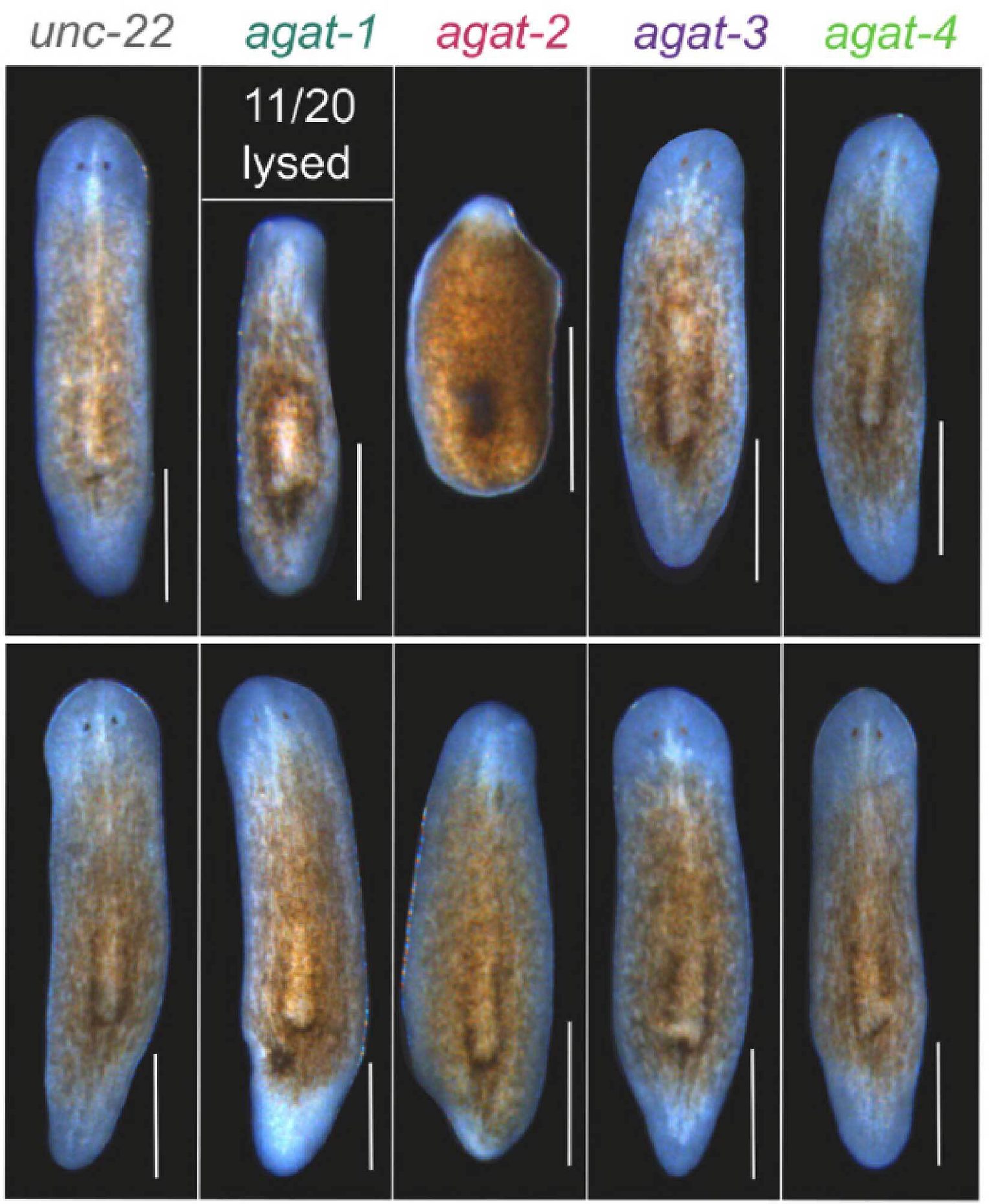By Lakshmi Chandrasekaran
Imagine growing up in a beautiful mountain valley in Nepal, nestled among the Himalayas. Long walks along the winding mountain trails would certainly increase anyone’s appreciation of the living world. Stowers Summer Scholar Bishwas Sharma grew up in these surroundings, and his foray into biology has followed a path similar to the one up the mountains.
Bishwas is currently an undergraduate in his senior year at St. Olaf College, a liberal arts college in Minnesota. Influenced by the chemistry teachers in his high school, Bishwas planned to major in chemistry initially. But a philosophy of science class that he took in his sophomore year at St. Olaf became a life-altering event.
“My professor asked us to bring to class any random object from outside (at the time it was -40 degrees Fahrenheit in Minnesota) and I collected a random twig. We put our object in a sterile broth and observed it under the microscope. Within a week, I saw little bacteria and even protozoa swimming there. I could not believe they came from that little twig! I was mesmerized watching them grow under the microscope,” he recalls.
Sharma’s interest in biology was sufficiently stoked by the experiment.
After a few didactic biology courses, he was ready to try his hand at bench research. Unfortunately, being an international undergraduate student posed many limitations. “Many research programs that are government funded require citizenship or permanent residency of the students working on research projects,” he comments.
Having heard about the Stowers Summer Scholars Program from previous participants, Sharma decided it would be a great opportunity to get the hands-on research experience he was looking for. “This program has proved to be a perfect fit for me. The Institute provides an intense research environment and also sponsors international students. My experience confirmed my fascination with biology,” he adds.
Joining Stowers Investigator Alejandro Sánchez Alvarado’s lab for the summer was an exciting adventure for Sharma. “I worked on a model organism called planaria. They are little self-regenerating flatworms. I had never even heard of them before I joined the program. It is really captivating to me how much this organism can contribute to studying and understanding regeneration.” says Sharma.
Advancing biology requires the discovery of new tools and scientific methods. With planaria being a relatively new research model organism, the necessary tools to perform protein analysis are very limited. Sharma was assigned to a project that is attempting to bridge this gap.
An Zeng, PhD, a postdoctoral researcher in the Sánchez Alvarado Lab who was responsible for mentoring Sharma was impressed with his mentee. “Bishwas displayed significant enthusiasm and motivation for learning new things, and for applying them to our work and driving our research forward,” Zeng says.
Outgoing and extroverted, Sharma enjoyed socializing with the other summer scholars away from the lab. As someone who loves exploring new cities, he found Kansas City’s Westport district a haven for good food and entertainment. “Kansas City was a lot of fun and I will miss it,” he says fondly.
Sharma values the connections he has made with researchers at the Stowers Institute. He confesses that this has been an eye-opening experience. Interacting with people from various backgrounds has helped him clarify his future career goals. “Previously, I worried that my liberal arts background would put me at a disadvantage. But talking with a few postdocs who have a liberal arts background has helped me realize the advantages of a broader view,” he explains.
Exuding a newfound confidence from his research experience in the Stowers Summer Scholars Program, Sharma no longer doubts that graduate school is the right path for him.
“After coming to the Institute, graduate school doesn’t seem so scary,” he says with a laugh. “The interaction with predoctoral researchers about their research has helped me prepare for what will be expected of me when I pursue a doctoral degree at a research institution.” After completing graduate school, Sharma envisions a career in teaching.
Sharma’s research experience at the Institute inspired him and revealed something quite valuable. “Research often occurs more slowly than expected and it’s not just about getting the results. Sometimes you run into negative results. The important thing I learned was how to find a better direction and keep moving forward.”



